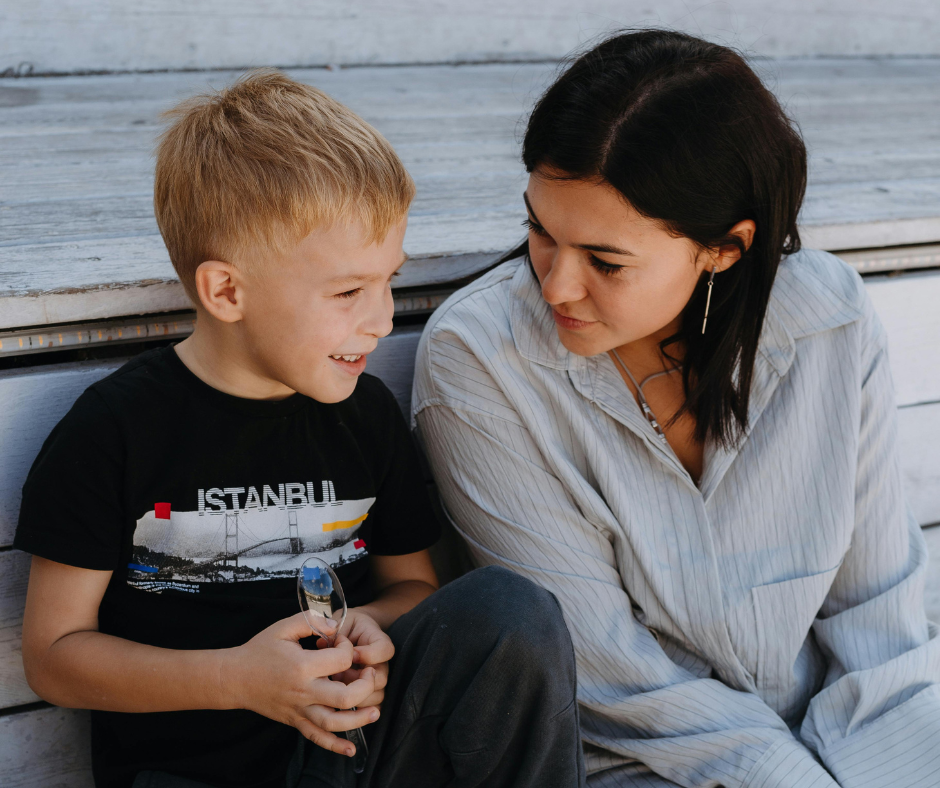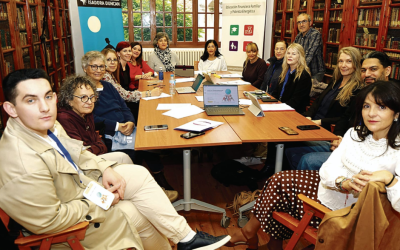Background – what the government says
The Federal Government has flagged a major overhaul designed to rein in costs and refocus the National Disability Insurance Scheme (NDIS), in order to bring it more in line with what it describes as its ‘original intent’. For families with children who have mild to moderate developmental delays or autism, these changes could have a direct impact.
A key part of the plan is the creation of a new tier of services, known as ‘foundational supports’. Delivered in partnership with state and territory governments, it is intended that these programs will offer assistance to people with less severe disabilities outside of the NDIS, ensuring support without full scheme entry.
The first national initiative under this new framework will be Thriving Kids, a program aimed at early intervention for children with mild to moderate developmental delay, and autism. You can read more about Thriving Kids here.
Sophie’s story
Hi, I’m Sophie and the NDIS is a special interest of mine. With so many changes going on right now I want to share my thoughts about these changes and a bit about the journey I have been on with my son.
There is still a lot that is unknown about how Thriving Kids is going to play out, but one thing we know for sure is that its purpose is to save money by cutting the spend on autistic children or children with a developmental delay, whom our Health Minister described as being ‘over-serviced’. One of my concerns is that the supports will be focussed on ‘building parent capacity’ rather than supporting parents who have children who require significantly more care and support than is typically expected.
Single mothers stand to be most disadvantaged by this. We really need to ensure that the enormous care load already placed on us is not made even greater by so-called experts who come in and tell us all the things we are doing wrong, and all the things that we need to be doing.
Needs assessment
This week there has been an announcement that NDIS support will no longer be determined based on evidence from skilled allied health therapists. Instead, a pool of assessors will be hired by the government based on their ‘soft skills’. This could mean the prerequisites for the people who will ultimately have the power to decide what support you are funded for, may be their ‘communication skills and empathy’. These are great skills to have, but it is concerning that there is no minimum formal education requirement. No need to be an occupational therapist, social worker, or other professional, or even someone with years of experience working with these children.
With no established ethical frameworks or regulatory body, I have significant concerns about how this to power to decide will be shared or managed. Having the ability to determine what supports people have is a significant amount of power, and it will be only a matter of time before we see this being wielded with unsatisfactory or even dangerous outcomes. At that point, it will be no consolation if they do it with a smile.
How the NDIS has worked for our family
I am a single mother of a 10-year old boy who has multiple disabilities, though he only meets NDIS access for autism. Apparently his other disability is considered ‘medical’ so does not meet eligibility despite the fact that it is progressive and life limiting. Like many mothers, I have had 100 per cent parental responsibility for my son since he was born, though officially separated from his father when he was just over 1 year old.
My son was lucky enough to meet access for the NDIS when he was six years old. I can honestly say that the support we have had has changed our lives. I recall sitting in my psychologist’s office crying and telling her that I wanted someone to call child protection so he would get taken away from me. While life is still very challenging at times, I am so grateful to not have these thoughts anymore. I shudder to think where we would be had we not received the support that we have.
It wasn’t just luck though, I had to fight tooth and nail for the support we got right through to an external review at the Administrative Appeals Tribunal (AAT, now Administrative Review Tribunal or ART).
It is horrifying to think that there will be many of us who can relate to this. The NDIS has become a lifeline for many. But with recent changes announced and in the current environment of plans getting slashed, many of us are left feeling worried about the lifeline being ripped out from underneath us. Others may be feeling uncertain about what the future holds as they start their own journey toward trying to access support for a child with a disability.
There has been much media and policy attention given to the increasing NDIS spend, and this has built up to the current environment where I am constantly hearing of plan funding getting slashed when it comes time for any plan to be reviewed. I am worried about when my son’s next review will take place, after fighting so hard to get the right level of support for my son. But I have fought before and am prepared to fight again. Something that I think helped me in the AAT process was referring to legislation, particularly the National Disability Insurance Scheme Act and the Carer Recognition Act.
The NDIS often uses ‘parental responsibility’ as a reason to decline support for children. It is legislated that the ‘capacity of informal support needs to be factored into the funded supports’. However, when there is only one parent, there are very real and legitimate challenges experienced when trying to be both a parent and a carer to a child who has substantially more support needs than typically expected. This needs to be acknowledged. The Carer Recognition Act is a short read, but worth it as it outlines obligations of public service agencies and the rights of carers.
By arguing that I, as one person, cannot possibly attend to every single support need of my child over and above what is typically expected, while at the same time having opportunities for my own fulfillment and life satisfaction, I was able to get support that has allowed me to go back to study. Had we not received these supports, I honestly don’t know where I would be but certainly not at the tail end of my degree! A child’s disability does not occur in isolation to their family functioning, and families deserve support too.
Sophie
You can access The Carer Recognition Act here
What this means for CSMC
Sophie has identified in her story, the one place that is very particular to single mother families. This is in the area of ‘parental responsibility’ and ‘capacity’. Where there is just one mum trying to do it all, there has to be recognition of this as a factor. CSMC is planning ways to make this clear to the governments, to the NDIS, and to other advocacy bodies who do great work in relation to the NDIS, but might not have seen the significance of this.
Mothers with kids in the NDIS or who feel passionate about these issues can contact your Federal government MP and tell them what you think and want, or get involved with advocacy agencies for carers and/or children with particular disabilities.





0 Comments